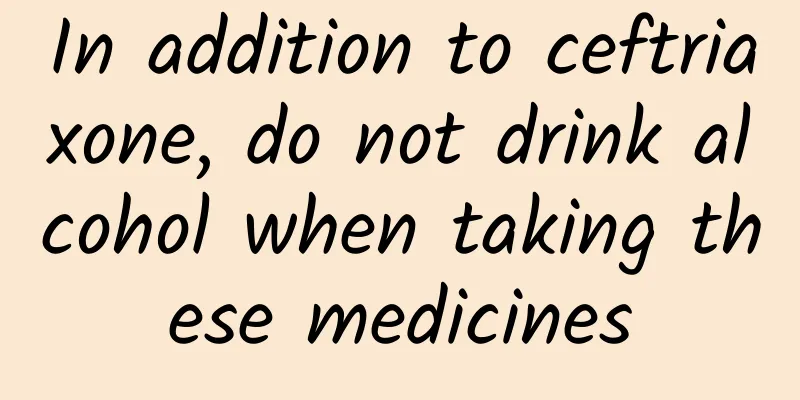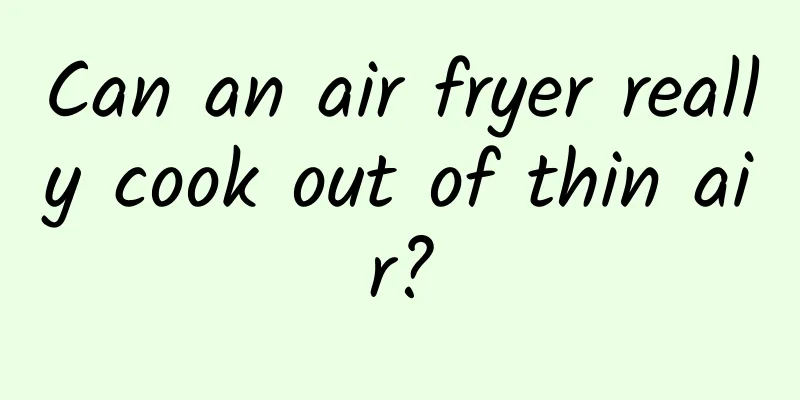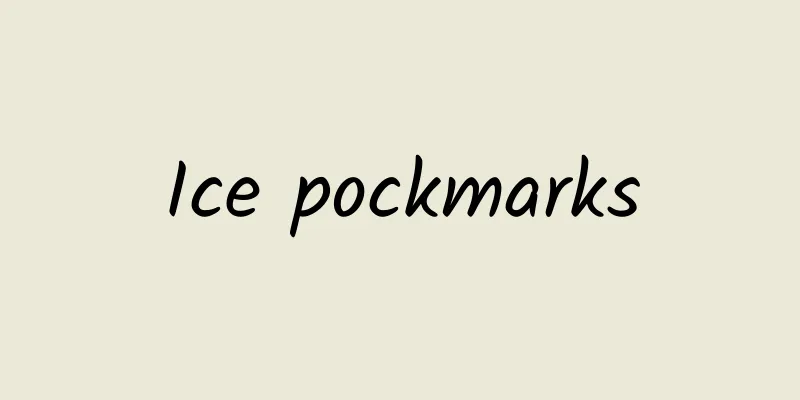In addition to ceftriaxone, do not drink alcohol when taking these medicines

|
After Laba, it is the New Year, when friends and family gather together for dinner and drinking. If you or your family or friends happen to be taking medicine, be careful: taking medicine and drinking are not compatible at all. Especially if you are taking the following medicines, you must not drink! 1 Cephalosporins Most cephalosporins contain a methylthiotetrazolium group with a chemical structure similar to disulfiram. Drinking alcohol before or after taking the medicine may cause a disulfiram-like reaction. A disulfiram-like reaction refers to the fact that some drugs have a chemical structure similar to disulfiram. If you drink alcohol after taking the medicine, you may experience facial flushing, conjunctival congestion, blurred vision, violent pulsation of blood vessels in the head and neck or throbbing headaches, dizziness, nausea, vomiting, dyspnea, convulsions, and even death. Once a disulfiram-like reaction occurs, the drug and alcohol-containing products should be discontinued in time. Mild cases can be relieved on their own, while more serious cases need to be sent to the hospital for oxygen inhalation and symptomatic treatment. Special reminder: cephalosporins should not be used within 3 days after drinking. Do not drink alcohol within 7 days of medication. At the same time, do not take medicines and foods containing alcohol, such as eating chocolate with alcohol filling, taking Huoxiang Zhengqi water, using injections containing ethanol as excipients, and using alcohol to treat the skin. In addition, nitroimidazole drugs, such as metronidazole and tinidazole, may also cause disulfiram-like reactions with ethanol and should be used separately. 2 Acetaminophen tablets Acetaminophen tablets are an ingredient used to reduce fever in most cold medicines and are also commonly used to relieve mild to moderate pain (such as joint pain, migraine, etc.). Studies have shown that drinking alcohol may increase the hepatotoxicity of acetaminophen. 3 Blood pressure medication Excessive drinking can dilate blood vessels, inhibit the sympathetic nerves and vasomotor center, and weaken myocardial contractility. If you take antihypertensive drugs after drinking, small blood vessels will dilate further, blood volume will be further reduced, blood pressure will drop sharply, and postural hypotension or syncope will occur easily. 4 aspirin There are pharmacokinetic interactions and certain pharmacodynamic interactions between aspirin and ethanol. The intake of ethanol at any concentration will increase irritation to the digestive tract, easily cause gastric mucosal lesions or recurrence of ulcers, and increase the risk of upper gastrointestinal bleeding associated with aspirin. 5 Sedatives and hypnotics When sedatives and hypnotic drugs are used together with ethanol, the degree of central nervous system inhibition is related to the type of drug, dosage, and alcohol consumption, and manifests as increased drowsiness, decreased reaction sensitivity, distraction, poor coordination, and in severe cases even death. 6 Antiepileptic drugs Ethanol can affect the metabolism of certain anti-epileptic drugs, thus affecting their efficacy. In addition, drinking alcohol itself may also cause epileptic seizures. Therefore, it is not suitable for epileptic patients to drink alcohol. 7 Diabetes-lowering drugs Drinking alcohol while taking sulfonylurea drugs can cause severe hypoglycemia or irreversible neurological damage, because ethanol can hinder the process of glycerol, lactic acid and certain amino acids turning into sugar, thus lowering blood sugar and causing a "disulfiram-like reaction". In short, ethanol can change the response of many drugs, and drinking a lot of alcohol can affect the biotransformation of many drugs. You should read the instructions carefully while taking the medicine, and inform the doctor of your recent drinking history when you see a doctor. You should avoid drinking alcohol during the use of the above-mentioned drugs to avoid causing serious adverse reactions. Review: Experts from the National Health Science Expert Database Lv Qianzhou, Chief Pharmacist, Zhongshan Hospital Affiliated to Fudan University Planning: Tan Jiayu Yunxi Editor: Liang Jing Source: Healthy China |
<<: How can a world without horses produce so many “old drivers”?
>>: Ten tips to prevent colds in winter
Recommend
The efficacy and function of chicken root
Chicken root is something that many people are ve...
This pre-meal step is possible, but not necessary
When dining out, many people are used to boiling ...
Walruses don't eat with their teeth, they eat with their butts
If you have ever visited Hall 40 of the British M...
Growing 40cm in 47 days! What did this "deer" eat to grow taller?
In a blink of an eye, our third-generation Sunny ...
There are many AI models. If we focus on one, will it be easier to succeed?
In early 2023, Chat GPT seemed to have set off a ...
What is the medicinal value of Zhiliao Monkey?
Cicada monkey is a kind of insect. Its name is di...
Gray nails mean onychomycosis? Real onychomycosis has these symptoms →
Author: Tang Jiaoqing, attending physician of der...
The efficacy and function of long-haired Saussurea
Long-haired Saussurea can not only supplement the...
If you don't do these three things, your refrigerator will contain at least four more pathogens! The correct approach is...
A cold and airtight refrigerator is the best plac...
What are the benefits of senna leaves and lotus leaves?
In our lives, we encounter many people using senn...
The efficacy and function of Sanyin Bupleurum
Traditional Chinese medicine has a history of tho...
Dandelion juice benefits and functions
Dandelion is a common wild vegetable in spring. I...
The efficacy and role of salt
In our lives, table salt has attracted our attent...
The efficacy and function of bottle ear grass
We can often see bottle ear grass in daily life, ...
On the importance of the elderly: Are they the ones who make humans live longer?
As the saying goes, "An old person in the fa...









